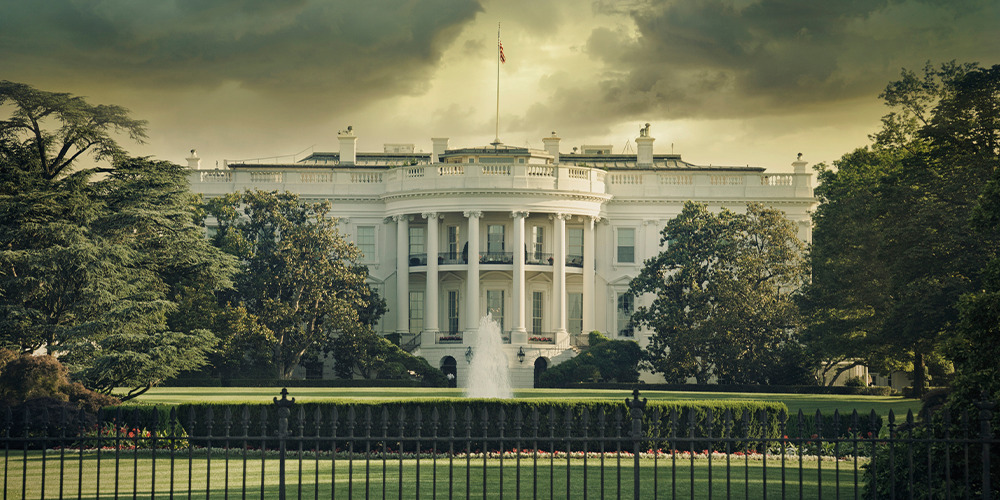In an executive order dated 4 February 2025, US President Donald Trump ordered a review of the US’s membership in international intergovernmental organisations to decide whether it should withdraw or seek to reform the organisations.
While this raised questions about the possibility of a US withdrawal from multilateral development banks, the comments made by US Treasury Secretary Scott Bessent on 23 April, when he re-affirmed the US’s commitment to the Bretton Woods institutions, suggest the US will seek to reform the organisations to align them with the administration’s priorities rather than withdraw.
Fitch’s expectation remains that the US will not withdraw its membership from any MDB in which it is a shareholder (Figure 1).
For the World Bank, the three main reforms laid out by Bessent are a stricter application of the graduation policy (‘treating China as a “developing economy” is absurd’), a focus on energy access to support the expansion of the private sector and more transparent procurement practices.
Figure 1. Shareholding of the US sovereign in the capital of MDBs
Total subscribed capital at end-2023 (or latest available), %

Source: Fitch Ratings, MDBs
Rising risk faced by emerging markets
US policy uncertainty, the global trade war and cuts to US international aid have contributed to heightened risks for emerging market sovereigns, which could affect the credit quality of MDBs’ loan books.
With the exception of the European Investment Bank (AAA/Stable), the largest MDBs rated by Fitch focus the majority of their lending operations in EM sovereigns and/or sovereign-guaranteed projects. This means the underlying creditworthiness of EM borrowing member countries is a highly relevant input into Fitch’s assessment of an MDB’s credit rating.
On 2 April – a date Trump proclaimed ‘Liberation Day’ – tariff hikes were far worse than expected. While subsequently paused and replaced with near-universal 10% rates for 90days, the shock prompted several rounds of retaliatory moves, particularly between China and the US. From the perspective of sovereign creditworthiness, the increases in US tariffs will weigh on the credit metrics of many sovereigns, particularly in Asia Pacific, given their high trade openness and exposure to US demand (Figure 2).
In China (A/Stable), Vietnam (BB+/Stable), Taiwan (AA/Stable), Thailand (BBB+/Stable) and Korea (AA-/Stable), for example, manufacturing exports and investments are an important driver of economic growth and the US is a major export market.
Figure 2. Tariff rates for Fitch-rated Asia Pacific sovereigns
Rates initially announced on 2 April, %

Source: Fitch Ratings
Note: These ‘reciprocal tariff’ rates were to stack on other existing country-specific tariff regimes. Does not reflect tariff rates currently in effect.
Impact of BMC downgrades on MDBs’ creditworthiness
There are three particularly relevant assessments, as outlined in Fitch’s Supranationals Rating Criteria, where a downgrade of a sovereign BMC could impact an MDB’s ratings.
First, the key capitalisation ratio used by Fitch in its analysis is the usable capital to risk-weighted-assets (FRA) ratio. The risk-weighted assets include loans, guarantees, equity participations and other assets, with the respective weights assigned to each rating category level after ratings have been adjusted for preferred creditor status and other mitigants. A sovereign downgrade of a BMC that led to a revision of the risk-weight applied to the underlying exposure would have a negative impact on the FRA ratio, all other things being equal.
Second, Fitch assesses an MDB’s average rating of loans and guarantees when considering overall credit risk. A sovereign downgrade of a large BMC could impact the overall average credit quality of its lending activity and if this led to a revision in the average rating category (e.g. from an average in the ‘BBB’ category to the ‘BB’ category) then, again all other things being equal, this would be negative for our assessment of an MDB’s solvency.
Finally, when considering an MDB’s operating environment, Fitch assesses on a non-weighted basis the average rating of an MDB’s countries of operation. Deterioration in this rating factor alone is unlikely to lead to any negative rating pressure on an MDB’s rating but could, in conjunction with the above rating factors, impact our assessment of an MDB’s creditworthiness.
Highly affected corporate sectors have limited impact on MDBs’ ratings
The impact of tariffs on an MDB is not limited to the potential deterioration in sovereign creditworthiness though, with most Fitch-rated MDBs operating with exposure to non-sovereign sectors in their loan portfolios. Owing to the strength of PCS that most MDBs benefit from, an increase in the level of non-performing loans at an MDB is typically driven by an increase in non-sovereign loan impairment.
That said, when looking at European corporate sectors with the highest overall impact as a result of US tariffs for example, the sectors most affected (chemicals, automotive and hardware technology) are not sectors that most MDBs are typically heavily exposed to.
Nicholas Perry is Director of Sovereign and Supranational Groups at Fitch Ratings.
Fitch Ratings published a special report on 3 March to address a number of frequently asked questions by investors on what the rating implications could be on MDBs in the event of a withdrawal from the US.
Interested in this topic? Subscribe to OMFIF’s newsletter for more.

